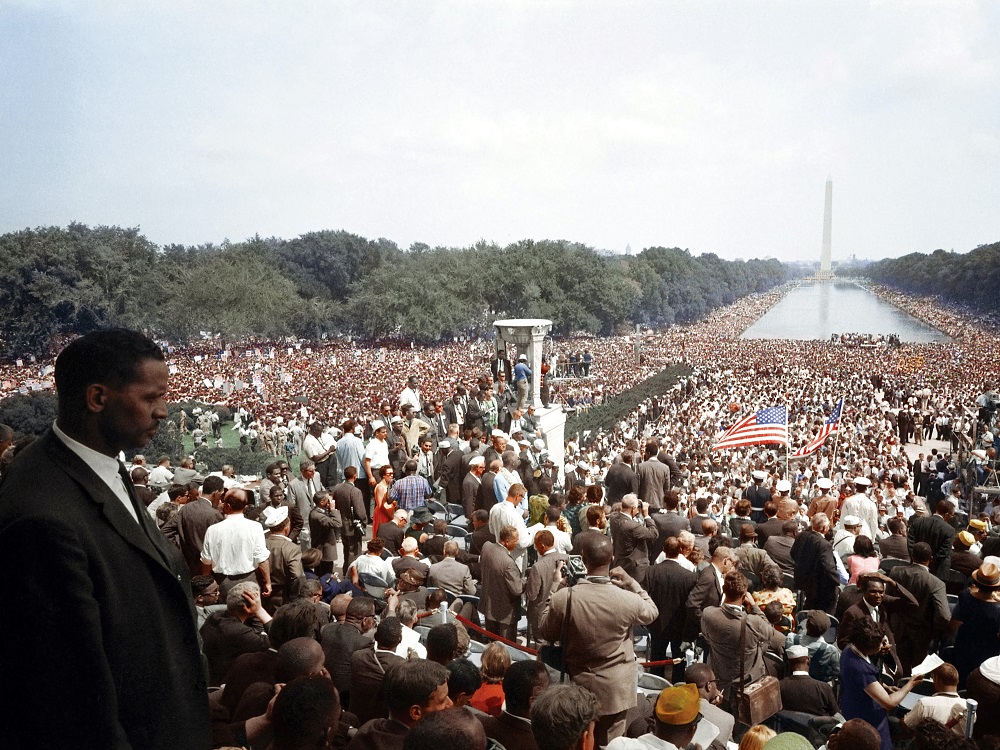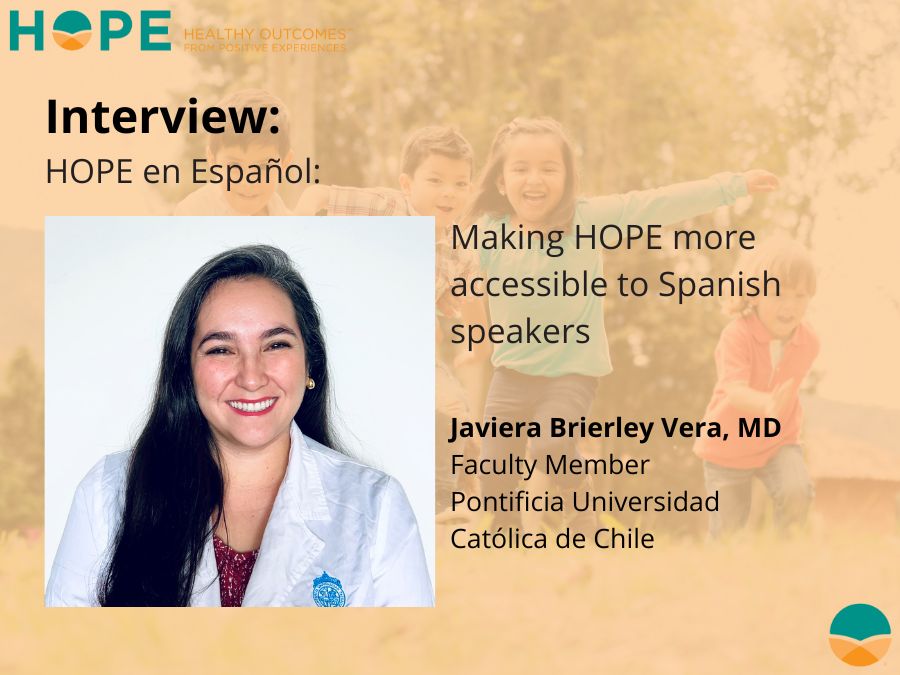
The day slavery ended in America
On June 19, 1865, word finally reached slaves in Galveston, Texas that President Lincoln issued the Emancipation Proclamation in 1863, outlawing slavery in the United States. This day became known as Juneteenth. In 2021, 156 years later, the nation celebrated Juneteenth for the first time as a Federal holiday. While we have celebrated the Fourth of July as our day of independence from the British Empire since 1776, we now celebrate the independence of all of our people in the United States.
During the announcement of the new Federal holiday, Vice President Kamala Harris reminded us that “Juneteenth has been known as Jubilee Day, Freedom Day, Liberation Day” and many other names. This is a day of celebration and a call to continue our work against racism. The end of slavery does not mean that we have achieved freedom and justice for Black Americans. We still have a way to go before we celebrate that victory as a nation.
Positive childhood experiences and anti-racism creates safer spaces for minority groups
Juneteenth sets an important reminder to embed anti-racism into both our professional and personal lives. Racism is a part of U.S. history, and its discriminatory practices can be normalized or unseen. Racial discrimination, a large source of trauma for minority groups like Black Americans, blocks access to positive childhood experiences (PCEs). The HOPE framework is an anti-racist, culturally responsive model centered around the promotion of equitable access to PCEs.
The HOPE National Resource Center works with individuals and organizations to examine their existing policies and practices through this anti-racist perspective. We provide resources, online courses, and technical and training assistance that change their practices and policies to intentionally support Black Americans and people of color.
Intentional anti-racism practices through the HOPE framework
On our resource page, HOPE as an Anti-racism Framework in Action guides readers through the process of implementing anti-racism through policy and practice change. This includes several case studies that share examples of reviewing the data, engaging communities, and making change.
Resources
Juneteenth place in U.S. history
- Juneteenth (National Museum of African American History and Culture)
- Remarks by Vice President Harris at signing of the Juneteenth National Independence Day Act (The White House)
- Juneteenth Celebration 2021 Video (Tufts Medicine)


